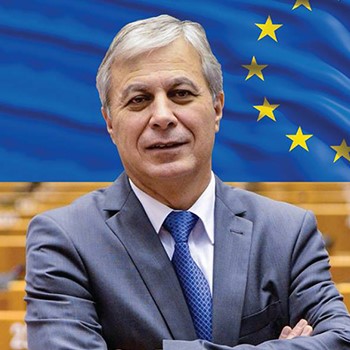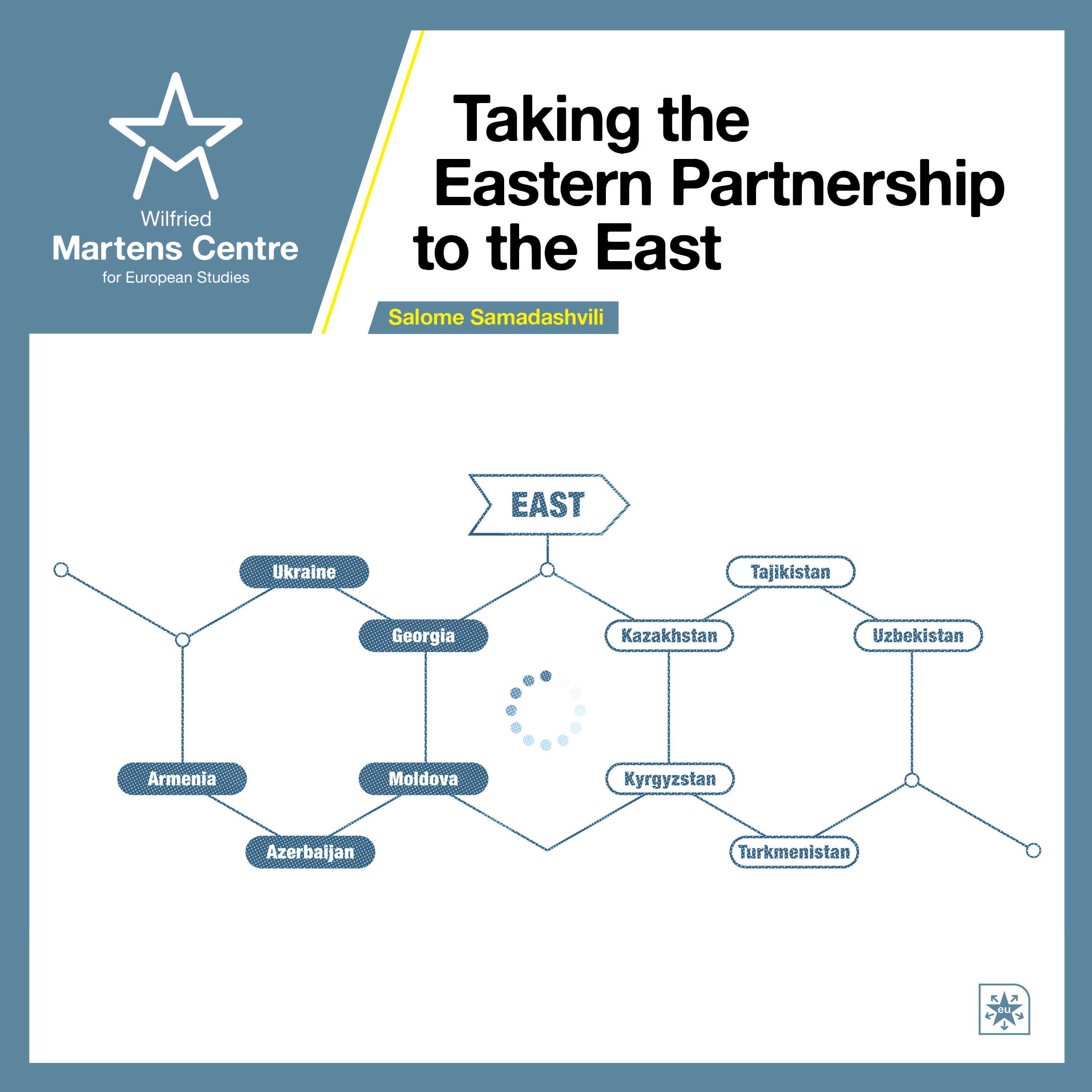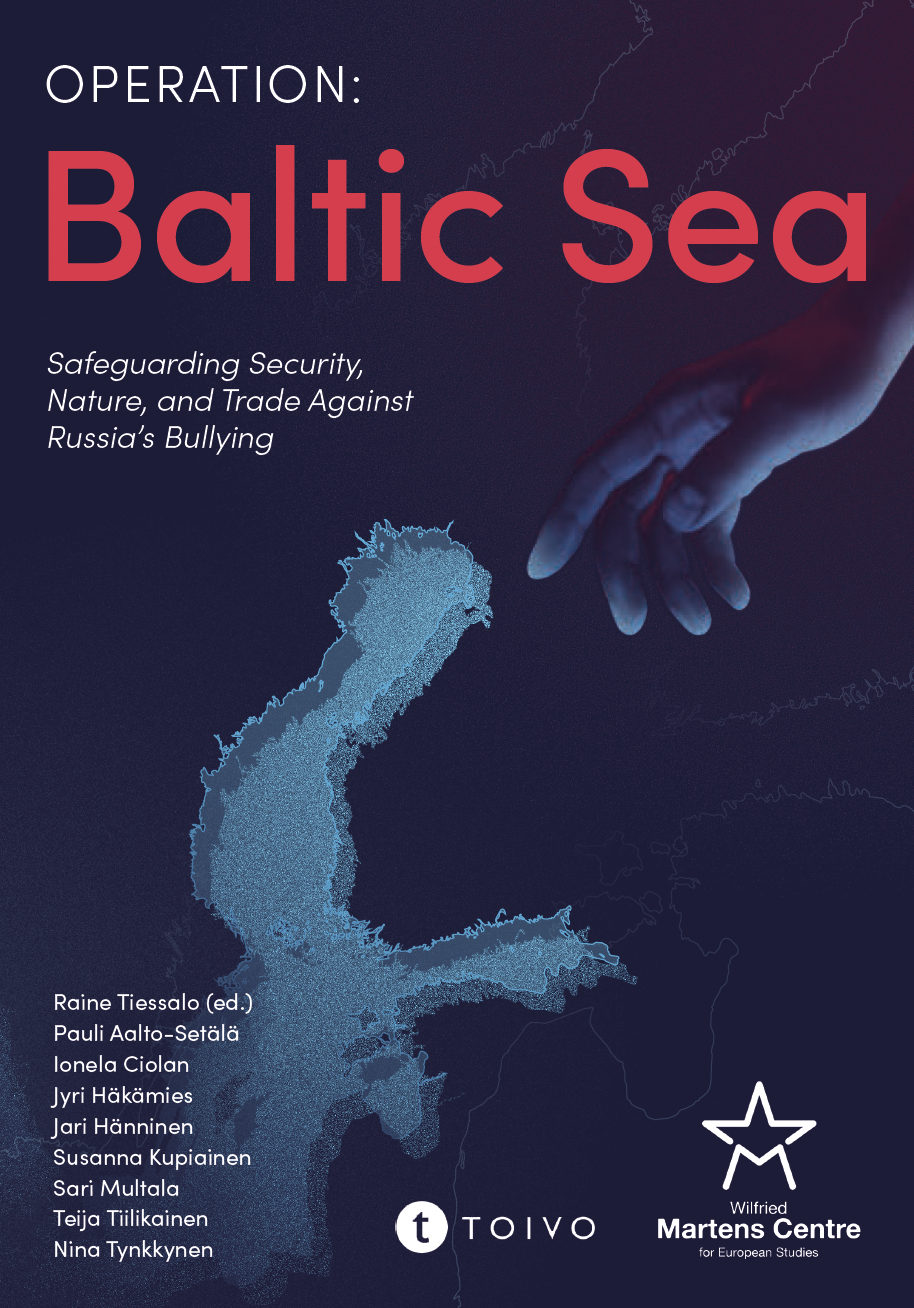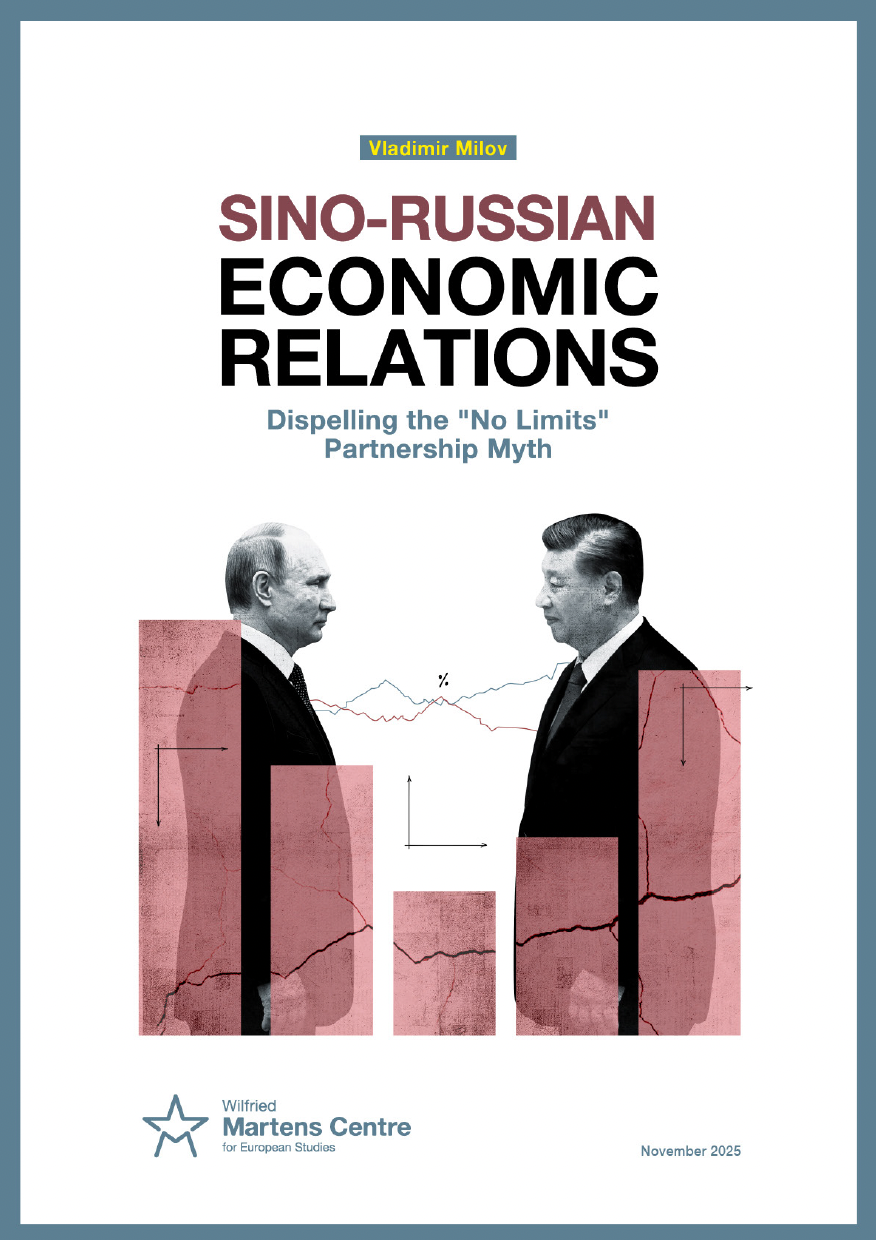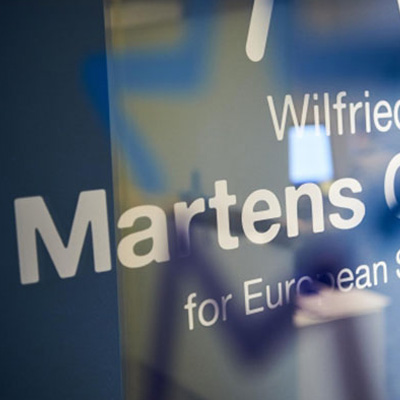Erdoğan’s Picnic at Varosha: Europe Must Stand Tall Against Turkish Provocations
07 December 2020
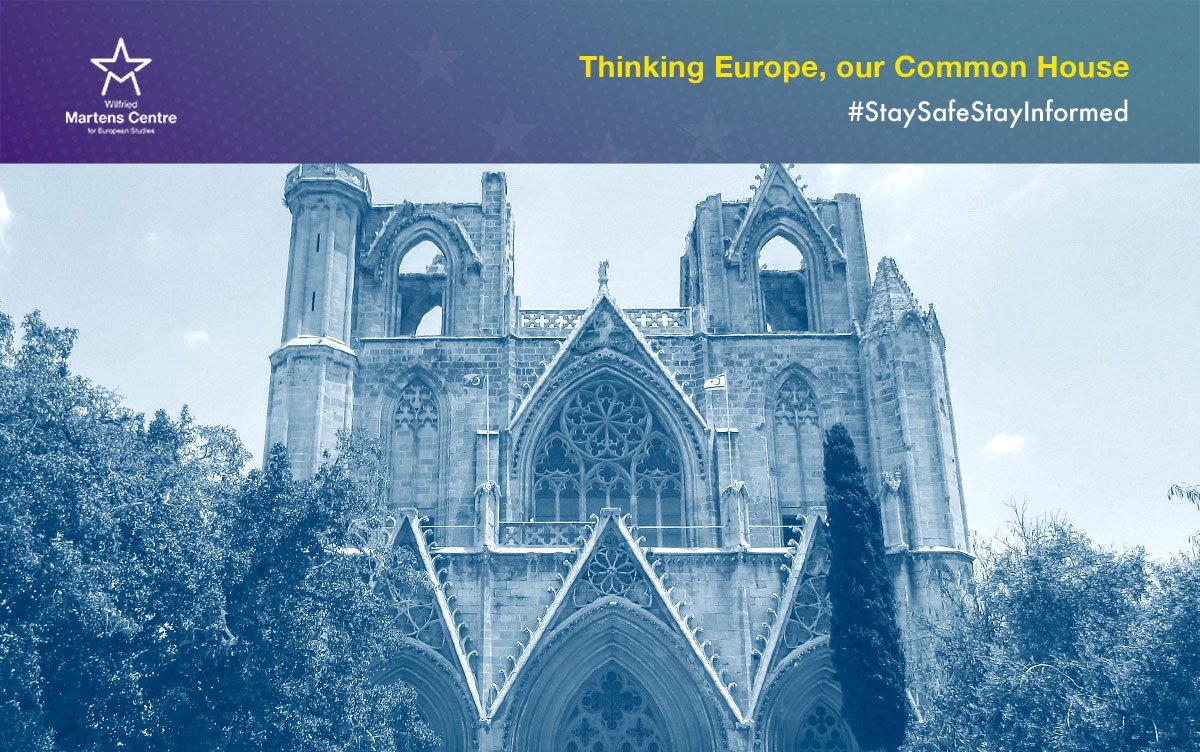
Famagusta was one of the most beautiful resorts in the Mediterranean Sea, attracting tourists from all over the world to its sun-kissed golden sand beaches. On the morning of 20 July 1974, this all changed. 40,000 heavily armed Turkish troops illegally landed at Kerynia and invaded northern Cyprus. On 14 August, Turkey launched its second offensive, under the code name “Attila II”, occupying Morphou, Famagusta, and Karpasia. Thousands of Greek Cypriots lost their lives, hundreds went missing, and 200,000 people were forced to abandon their homes. Since then, Famagusta, “the pearl of the East Mediterranean”, has become a ghost city.
Famagusta was much more than just a touristic resort. It was considered the cultural centre of Cyprus, while its Port attracted the largest business volume in the country, functioning as an important commercial hub until 1974.
Famagusta has a long and continuous history of 36 centuries, predominantly shaped by its Greek and Christian past. A large number of Christian refugees, fleeing the downfall of Acre (1291) in Palestine, transformed it from a tiny village into one of the richest cities in Christendom. In 1489, the Venetians made Famagusta the capital of Cyprus. The old walled and bastioned town contains some of the finest examples of medieval military architecture in existence. Famagusta fell to the Ottomans after a bitter and prolonged siege in 1570–71, followed by the British who ruled the island from 1878 to 1960, when Cyprus became independent. Under the British administration, a modern suburb called Varosha bloomed south of Famagusta, as a commercial centre and tourist resort.
During the Turkish invasion in 1974, the Turkish Air Force began bombing Famagusta and its troops approached Varosha. The inhabitants of the city were forced to flee their homes, with the hope that they would return when the situation became safer. However, the Turkish army violently seized control of the resort and illegally fenced off the area. Entry has since been forbidden, other than for Turkish military and United Nations personnel. Since then, it has been used by Ankara as a bargaining chip in talks to resolve the Cyprus issue. A UN resolution from 1984 called for the return of Varosha to UN control, and prohibits any attempt to resettle it by anyone other than those who were forced out, its legal inhabitants.
The United Nations has, in fact, set a very specific framework for the return of Varosha to its lawful inhabitants as early as 1979, through the High-Level Agreement between the then leaders of the two communities (Greek and Turkish). The resettlement of Varosha by its lawful inhabitants, under UN auspices, was set as a priority and “without awaiting the outcome of the discussion on other aspects of the Cyprus problem”.
On 8 October 2020, following the announcement made two days prior, Turkey illegally and in violation of the relevant UNSC Resolutions, extended the license for entry to the coastal front of Varosha. This is a provocative action against not only the Republic of Cyprus, but against the EU, the UN, and any sense of human rights and international law. Subsequently, this development raised significant obstacles in the ongoing effort for a resumption of reunification talks. The “re-opening” of the fenced area of Varosha, under conditions of military occupation, reveals Ankara’s real intention to permanently divide Cyprus.
This intention was confirmed by Erdoğan himself. On 15 November 2020, the Turkish President, in an action of unprecedented provocation, “held a picnic” at Varosha, calling for a “two-state” solution in Cyprus, causing public outrage in Cyprus – even among Turkish Cypriots – and drawing condemnation from the international community.
Once again, Erdoğan is behaving like a bully. Turkey is further distancing itself from EU standards and values, not only by violating human rights and dignity within Turkey, but also by manipulating the crisis in Syria, weaponising refugees against the EU, openly threatening the territorial integrity of Greece and Cyprus, and fuelling the conflicts in Libya and the Caucasus. Finally, the Turkish President has proceeded with insulting remarks against EU leaders. Erdoğan’s regime follows anachronistic methods, a dangerous mix of venomous rhetoric and aggressive actions.
History has taught us that appeasement policy can sometimes lead to a greater threat of war. Turkey’s aggressivity is becoming bolder by the day. The time for words has passed. The EU cannot shy away from its responsibilities. The European Parliament has paved the way for this with its latest resolution (11/2020), on Turkey’s recent illegal activities in the wider East Mediterranean. Now, it is the EU Council’s turn in December. We must re-define Europe’s strategy towards Turkey for the short, medium and long-term. Tough sanctions are the only way forward.
ENJOYING THIS CONTENT?


